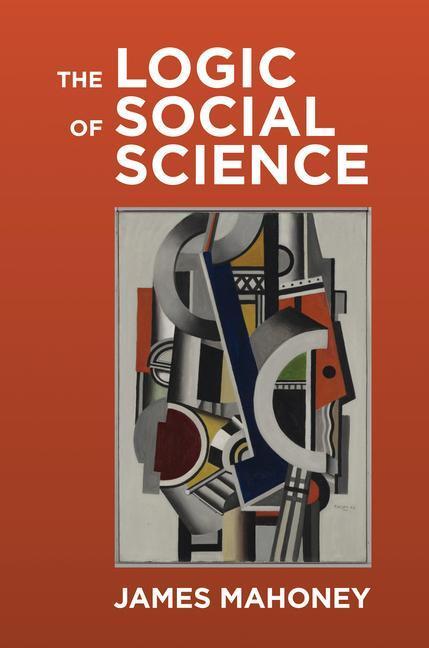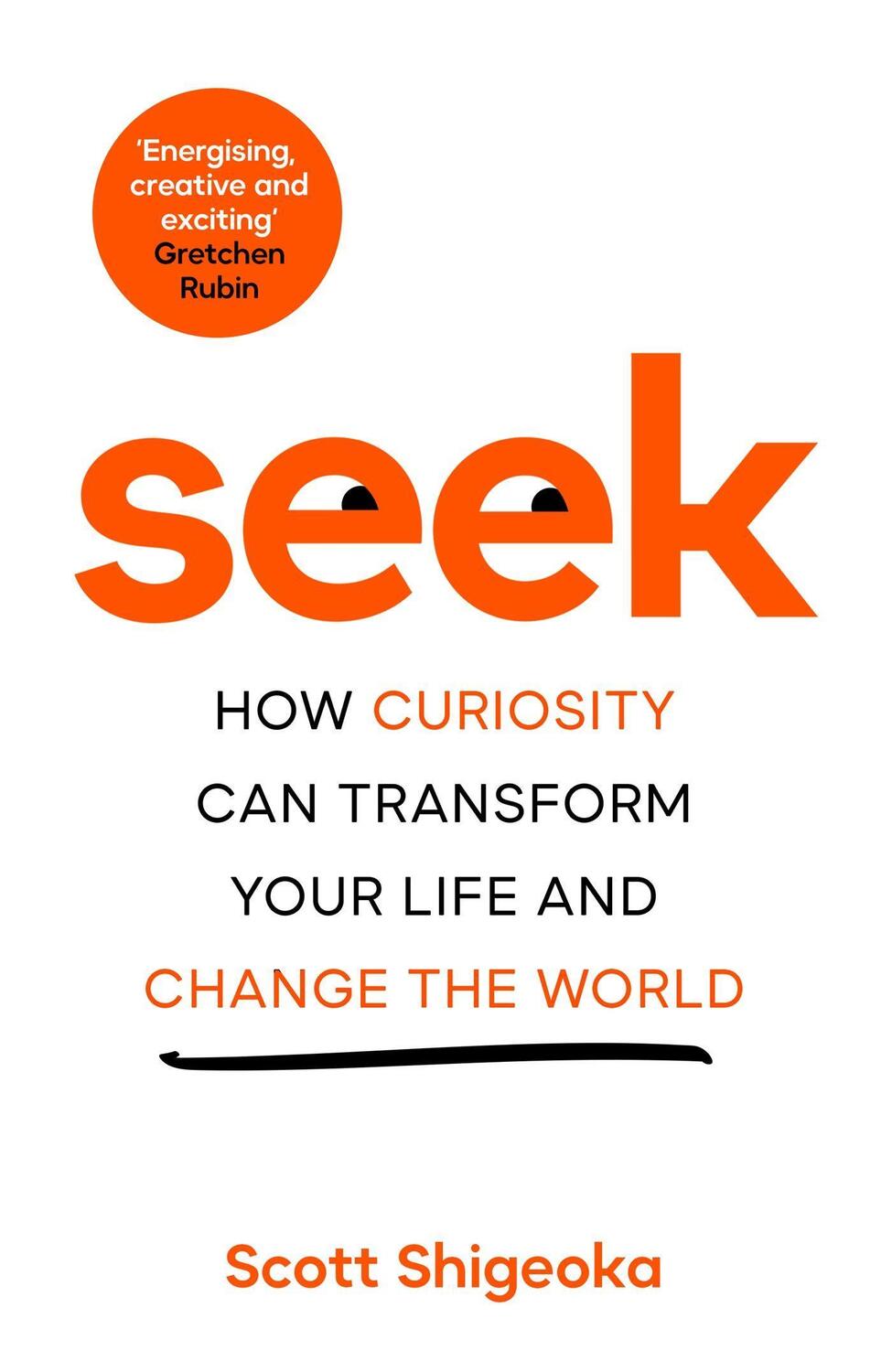Dekorationsartikel gehören nicht zum Leistungsumfang.
Sprache:
Englisch
40,50 €*
Versandkostenfrei per Post / DHL
Aktuell nicht verfügbar
Kategorien:
Beschreibung
"Mahoney's starting point is the problem of essentialism in social science. Essentialism--the belief that the members of a category possess hidden properties ("essences") that make them members of the category and that endow them with a certain nature--is appropriate for scientific categories ("atoms", for instance) but not for human ones ("revolutions," for instance). Despite this, much social science research takes place from within an essentialist orientation; those who reject this assumption goes so far in the other direction as to reject the idea of an external reality, independent of human beings, altogether. Mahoney proposes an alternative approach that aspires to bridge this enduring rift in the social sciences between those who take a scientific approach and assume that social science categories correspond to external reality (and thus believe that the methods used in the natural sciences are generally appropriate for the social sciences) and those who take a constructivist approach and believe that because the categories used to understand the social world are humanly-constructed, they cannot possibly follow the science of the natural world. As the name suggests, scientific constructivism brings in aspects of both views and attempts to unite them. Drawing from cognitive science, it focuses on using the rational parts of our brain machinery to overcome the limitations and deeply seated biases (such as essentialism) of our evolved minds. Specifically, Mahoney puts forth a "set-theoretic analysis" that focuses on "sets" of categories as they exist in the mind that are also subject to the mathematical logic of set-theory. He spends the first four chapters of the book establishing the foundations and methods for set-theoretic analysis, the next four chapters looking and how this analysis fits with the existing tools of social science, and the final four chapters focusing on how this approach can be used to study and understand cases"--
"Mahoney's starting point is the problem of essentialism in social science. Essentialism--the belief that the members of a category possess hidden properties ("essences") that make them members of the category and that endow them with a certain nature--is appropriate for scientific categories ("atoms", for instance) but not for human ones ("revolutions," for instance). Despite this, much social science research takes place from within an essentialist orientation; those who reject this assumption goes so far in the other direction as to reject the idea of an external reality, independent of human beings, altogether. Mahoney proposes an alternative approach that aspires to bridge this enduring rift in the social sciences between those who take a scientific approach and assume that social science categories correspond to external reality (and thus believe that the methods used in the natural sciences are generally appropriate for the social sciences) and those who take a constructivist approach and believe that because the categories used to understand the social world are humanly-constructed, they cannot possibly follow the science of the natural world. As the name suggests, scientific constructivism brings in aspects of both views and attempts to unite them. Drawing from cognitive science, it focuses on using the rational parts of our brain machinery to overcome the limitations and deeply seated biases (such as essentialism) of our evolved minds. Specifically, Mahoney puts forth a "set-theoretic analysis" that focuses on "sets" of categories as they exist in the mind that are also subject to the mathematical logic of set-theory. He spends the first four chapters of the book establishing the foundations and methods for set-theoretic analysis, the next four chapters looking and how this analysis fits with the existing tools of social science, and the final four chapters focusing on how this approach can be used to study and understand cases"--
Über den Autor
James Mahoney is the Gordon Fulcher Professor in Decision-Making and professor of sociology and political science at Northwestern University. His many books include Advances in Comparative-Historical Analysis and A Tale of Two Cultures (Princeton).
Details
| Erscheinungsjahr: | 2021 |
|---|---|
| Fachbereich: | Allgemeines |
| Genre: | Politikwissenschaft & Soziologie |
| Rubrik: | Wissenschaften |
| Medium: | Taschenbuch |
| Seiten: | 416 |
| ISBN-13: | 9780691214955 |
| ISBN-10: | 0691214956 |
| Sprache: | Englisch |
| Einband: | Kartoniert / Broschiert |
| Autor: | Mahoney, James |
| Hersteller: | Princeton University Press |
| Maße: | 232 x 153 x 25 mm |
| Von/Mit: | James Mahoney |
| Erscheinungsdatum: | 17.08.2021 |
| Gewicht: | 0,582 kg |
Über den Autor
James Mahoney is the Gordon Fulcher Professor in Decision-Making and professor of sociology and political science at Northwestern University. His many books include Advances in Comparative-Historical Analysis and A Tale of Two Cultures (Princeton).
Details
| Erscheinungsjahr: | 2021 |
|---|---|
| Fachbereich: | Allgemeines |
| Genre: | Politikwissenschaft & Soziologie |
| Rubrik: | Wissenschaften |
| Medium: | Taschenbuch |
| Seiten: | 416 |
| ISBN-13: | 9780691214955 |
| ISBN-10: | 0691214956 |
| Sprache: | Englisch |
| Einband: | Kartoniert / Broschiert |
| Autor: | Mahoney, James |
| Hersteller: | Princeton University Press |
| Maße: | 232 x 153 x 25 mm |
| Von/Mit: | James Mahoney |
| Erscheinungsdatum: | 17.08.2021 |
| Gewicht: | 0,582 kg |
Warnhinweis













